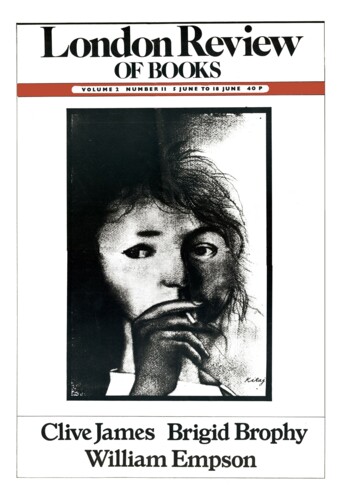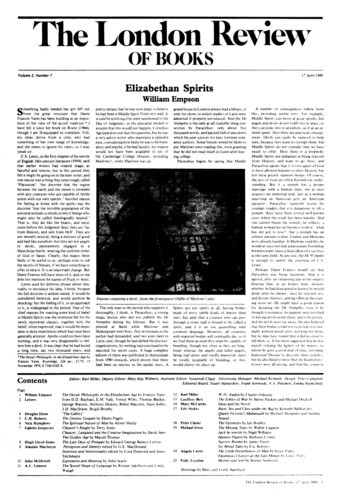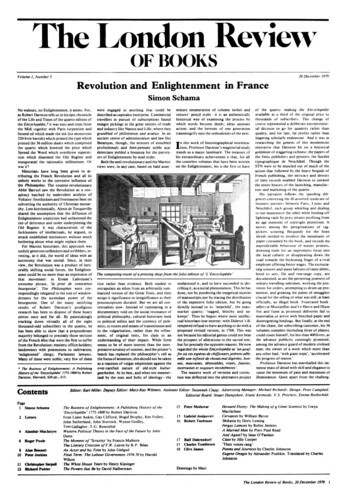Dante’s Mastery
Gabriel Josipovici, 21 August 1980
No one, except perhaps Proust, has been able to express such a sense of totally unexpected joy as Dante, and what most often brings joy flooding through his body is the chance meeting with a revered ancestor or teacher. ‘O sanguis meus, O superinfusa gratia Dei,’ Cacciaguida greets him in Paradise, and Dante, turning in puzzlement to Beatrice, feels that ‘I had touched the limit both of my beatitude and of my paradise.’ Then, he tells us, the spirit continues to speak, and it is ‘a joy to hearing and to sight.’ Many hours before, deep down in the pit of Hell, another meeting had taken place, following a very similar pattern:




